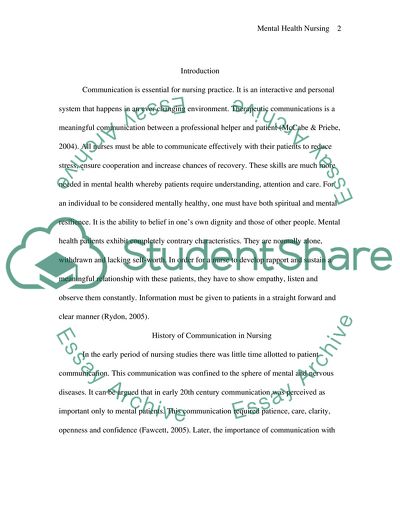Cite this document
(Communication Used by Mental Health Nurses to Promote Partnership Coursework, n.d.)
Communication Used by Mental Health Nurses to Promote Partnership Coursework. https://studentshare.org/nursing/1746123-communication-used-by-mental-health-nurses-to-promote-partnership
Communication Used by Mental Health Nurses to Promote Partnership Coursework. https://studentshare.org/nursing/1746123-communication-used-by-mental-health-nurses-to-promote-partnership
(Communication Used by Mental Health Nurses to Promote Partnership Coursework)
Communication Used by Mental Health Nurses to Promote Partnership Coursework. https://studentshare.org/nursing/1746123-communication-used-by-mental-health-nurses-to-promote-partnership.
Communication Used by Mental Health Nurses to Promote Partnership Coursework. https://studentshare.org/nursing/1746123-communication-used-by-mental-health-nurses-to-promote-partnership.
“Communication Used by Mental Health Nurses to Promote Partnership Coursework”. https://studentshare.org/nursing/1746123-communication-used-by-mental-health-nurses-to-promote-partnership.


